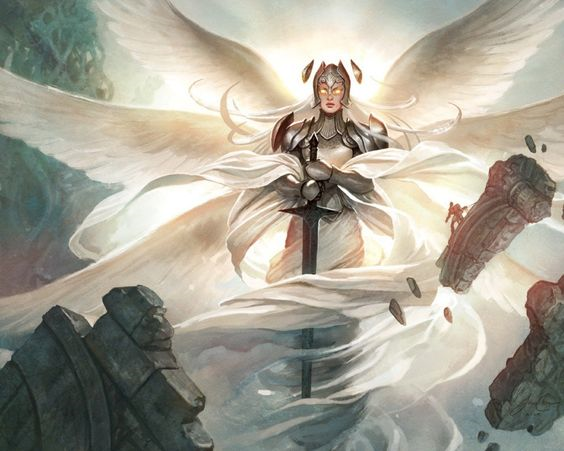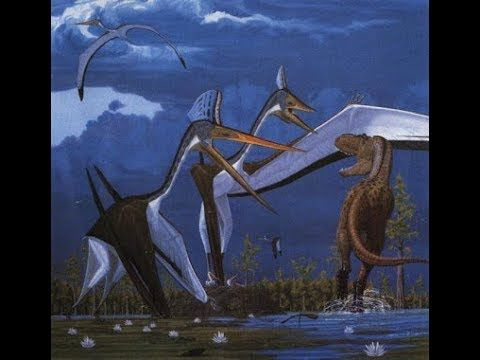The Sadducees had the opposite
Like the Samaritans, they only held to the Torah, the 5 books of Moses. They did not recognize the rest of the Hebrew Bible as scripture. Along with this, they had several heretical views, such as believing there was no afterlife, that angels didn’t exist and that there
One day, while Jesus was in Jerusalem, the Sadducees posed a question to Christ in Luke 20:27-33;
“Some of the Sadducees, who say there is no resurrection, came to
The Sadducees tried to get Christ with a “gotcha” question
“Jesus replied, “The people of this age marry and are given in marriage. But those who are considered worthy of taking part in the age to come and in the resurrection from the
Jesus just laid the #Smackdown!
In the future age, when the physical resurrection comes, there will be no marriage (the troubling part) as well as no more death
Why is that?
This is even more puzzling when some translations link both of these concepts together, such as the ESV’s rendering of Luke 20:35-36;
“but those who are considered worthy to attain to that age and to the
Now, what does immortality have to do with marriage?
You see, ancient Jews believed that angels didn’t marry. There was a reason for that; since they were immortal (both everlasting and indestructible), they didn’t have to
Now, this is a puzzling idea, especially to modern readers who share a similar belief about the souls of those who have passed on.
However, there are some problems with this view:
1. Matthew and Mark’s records of this event paint a very different picture.
“Jesus replied, “You are in error because you do not know the Scriptures or the power of God. At the resurrection people will neither marry nor be given in marriage; they
Now let’s look at Mark 12:24-25’s rendering:
“Jesus replied, “Are you not in error because you do not know the Scriptures or the power of God? When the dead rise, they will neither marry nor be given in marriage; they will be like the angels
Notice something different?
Jesus doesn’t just say “angels”.
He says “angels in heaven.”
For example, the plaque that was put on Jesus’ Cross is said to have had “This is Jesus, the King of the Jews” written on it, according to Matt 27:37. In Mark 15:26, the plaque reads “The King of the Jews”. In Luke 23:38, it states “This is the
Likewise, we can see these different renderings of Jesus’ statement about the resurrection to get an idea of what he had originally said, and 2 out of 3 times the Gospels record this event, angels “of heaven” is used.
Actually…wrong.
Keep reading.
Studying the cultural and historical background of the Bible is a must, if you want to understand it more fully. In order to understand the word, you need to understand the world it was written in.
And we’re about to see where they differ again:
Um, you better sit down…
Indeed, while some humans have been labeled “Son of God (Adam, see Luke 3:38), the exact Hebrew phrase “Bene Elohim” (which is translated in Genesis as “Sons of God”) is never used for humans in
Given this, is it any wonder why Jesus clarified, saying “angels in heaven”?
And since he did so, it may indicate that something more than immortality-thus-no-procreation idea was at play here.

Why not?
“Archeological Study Bible” (NIV), 215, 1529, 1533, 1600
“Cultural Backgrounds Study Bible” (NIV), 1656-57, 1716, 1790-91, 2191, 2213-15.
“ESV Study Bible”, 1869-70
“Nelson’s Super Value Series: Josephus: the Complete Works”, Translated by William Whiston, A.M., 974-76.
google.com/books/edition/…
(Above from “Knowing the Facts About Angels” by John
“Origins: The Ancient Impact and Modern Implications of Genesis 1-11” by Paul Copan and Douglas Jacoby, 146-49


















